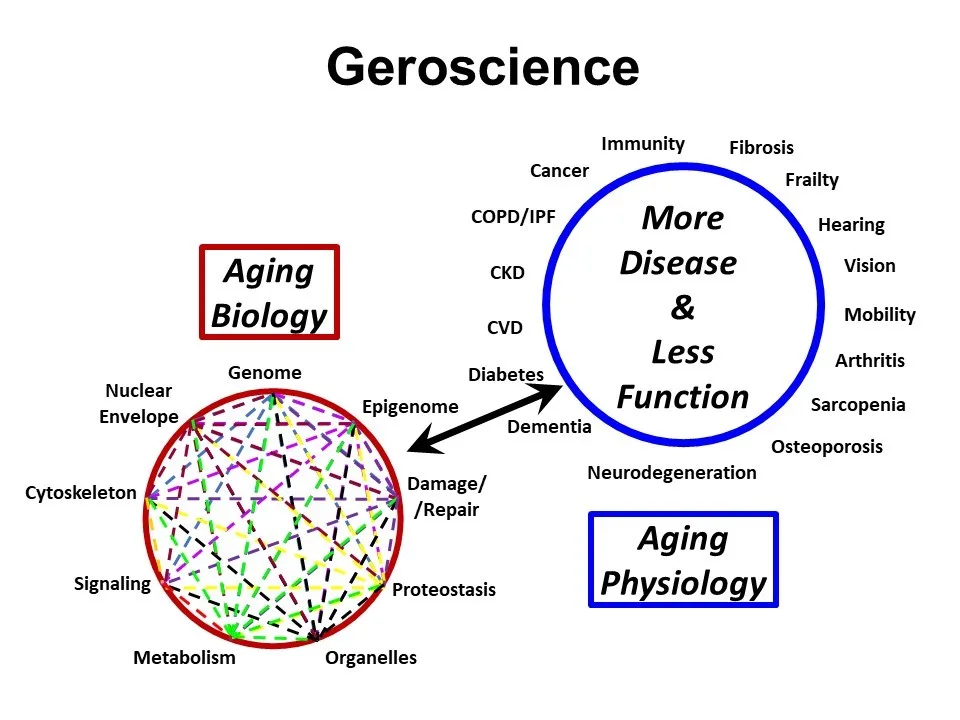We all want to live long, healthy lives, and keeping our hearts in tip-top shape is a huge part of that. Imagine having a crystal ball that could give you a clearer picture of your future heart health. Well, new research is bringing us closer to just that! The American Heart Association has developed new tools, called PREVENT equations, that are proving incredibly good at predicting who might be at risk for heart problems.
This isn’t just a hunch; these equations were put to the test on a massive scale, looking at the health data of over 360,000 diverse patients. Over an average of eight years, researchers saw nearly 23,000 heart-related events, and the PREVENT equations successfully flagged these risks. This is exciting news for everyone, especially for adults aged 50 and over, who are often more susceptible to cardiovascular issues.
How Do These New PREVENT Equations Work?
Think of it like a thorough health check-up, but instead of just a snapshot, it helps predict your future. For the study, researchers looked back at the health records of people aged 30 to 79. To be included, participants needed to have specific health information available, such as their cholesterol levels, blood pressure, BMI, kidney function, diabetes status, and whether they smoked. Crucially, they also had to be free of existing heart disease at the start.
Where Can I go to Access these PREVENT Equations?
You generally need to see a doctor to truly benefit from the PREVENT equations. While the American Heart Association (AHA) has made an online calculator available (often referred to as the PREVENTTM Online Calculator on their professional website), it’s designed as a tool for healthcare professionals to use in conjunction with a patient’s full medical history and a clinical assessment.
Here’s why you can’t (and shouldn’t) rely solely on using it on your own:
- Clinical Data Required: The PREVENT equations require several specific pieces of medical information that you might not know offhand or be able to accurately measure yourself.
- Interpretation is Key: Even if you could plug in all the numbers, understanding what the risk score means for you and what steps to take requires a doctor’s expertise.
- Shared Decision-Making: The PREVENT equations are intended to facilitate “shared decision-making” between a patient and their doctor. This means you and your doctor discuss your risk together and decide on the best course of action based on your values and preferences.
A Clearer Picture for Diverse Communities
One of the most impressive findings of this research is how well the PREVENT equations performed across different racial and ethnic groups.
For example, among Asian populations, the equations did a great job, showing strong accuracy in predicting heart events. For Filipino patients, the accuracy was very good, and it was even better for Asian Indian patients. Similarly, Hispanic subgroups also showed consistently strong and reliable predictions for heart disease.
This is a significant leap forward. Historically, some risk prediction tools haven’t been as accurate for all groups, especially for Asian and Hispanic communities. As one expert, Dr. Nilay S. Shah, noted, with the growing Asian and Hispanic populations in the U.S., having equitable and accurate prevention tools is more important than ever. For adults 50 and older from these diverse backgrounds, this means more personalized and effective heart health guidance. It ensures that prevention strategies are tailored to their specific risk profiles, rather than relying on generalized information that might not fully apply.
In fact, the PREVENT equations actually outperformed older heart disease prediction methods, particularly for predicting artery-clogging disease across all racial and ethnic groups. While there were some minor differences in performance among groups for certain types of heart events, the overall message is clear: these new tools are a powerful step forward.
What This Means for You
The researchers were very positive about their findings, stating that the PREVENT equations “performed well” and were even “slightly better” at identifying heart events in Asian and Hispanic participants compared to Black or White participants in this specific study.
The takeaway is simple: these new PREVENT equations offer a more precise and inclusive way to understand your risk of heart disease. While more research is always ongoing to refine these tools, they represent a vital advancement in personalized heart health. For those of us hitting the big 5-0 and beyond, this means a better chance to stay ahead of heart disease, make informed choices, and enjoy a healthier future. It’s about empowering you and your doctor with better information to keep your heart beating strong for years to come.
Source:











